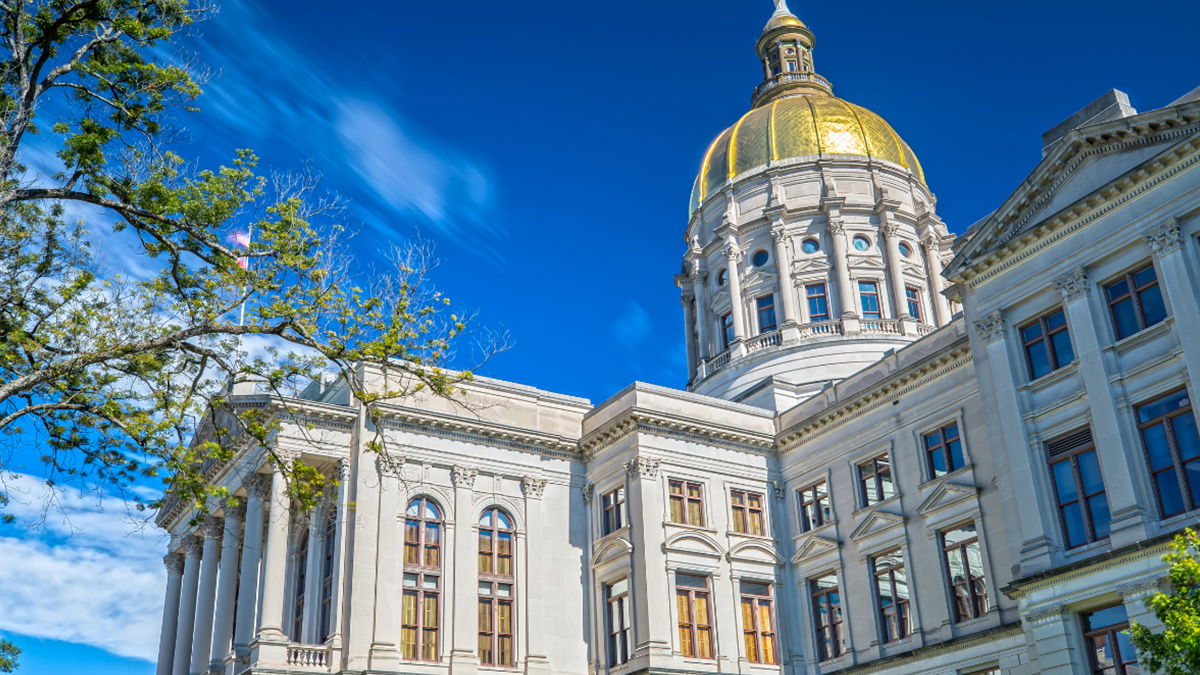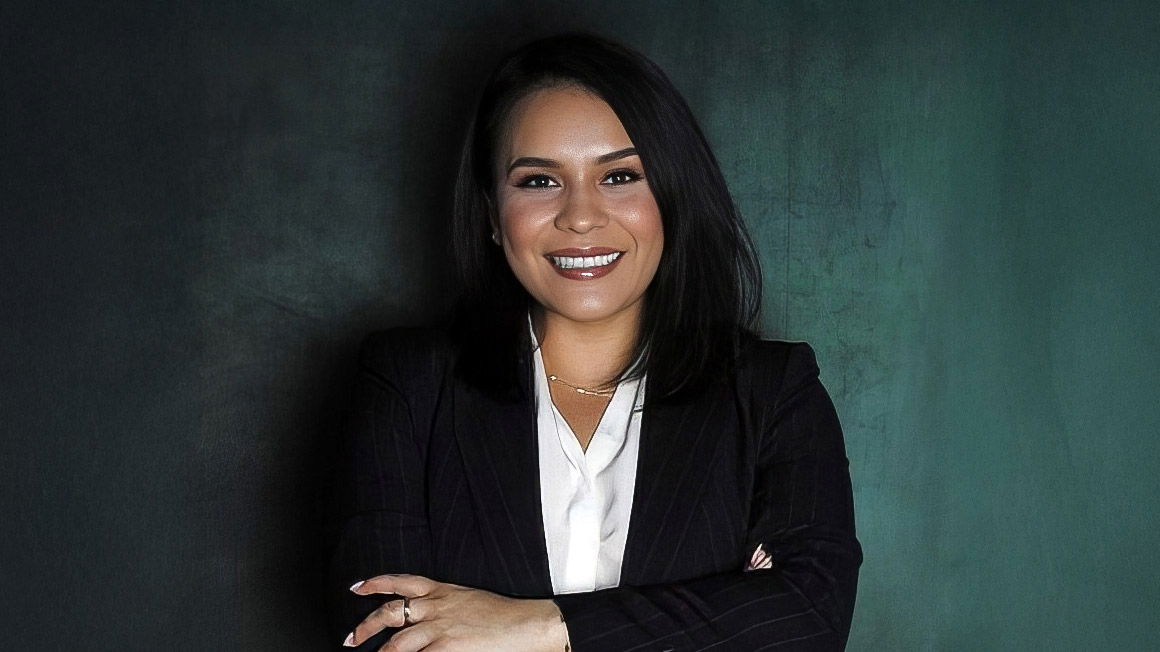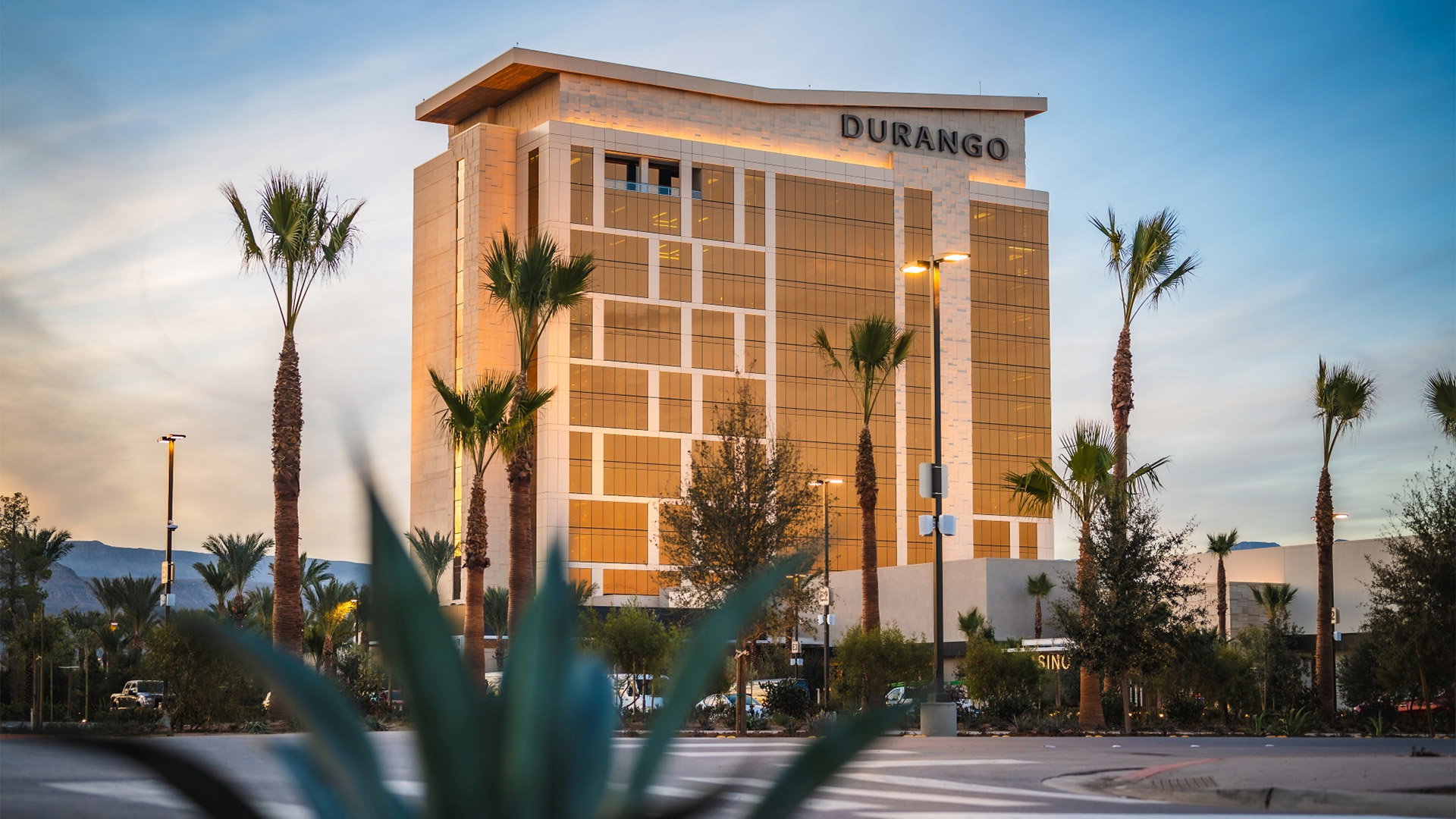Georgia lawmakers reopen study on casino, sports betting, and racing legalization

Georgia lawmakers have renewed discussions on legalizing and regulating gambling, forming a House Study Committee to evaluate the potential introduction of casino gaming, horse racing, and both in-person and online sports betting.
The seven-member committee, created through a resolution in the state House, held its first meeting this week in Watkinsville and is scheduled to release its findings and potential legislation by December 1.
“Obviously, gaming of various types has been a topic of late, and for quite some time,” said Rep. Marcus Wiedower, who chairs the committee and was the sponsor of House Bill 686, a failed 2024 proposal that would have legalized mobile sports betting. “This committee is put together just to kind of look at all of it ... the pros and cons, the impacts it may have for the state of Georgia.”
Ballot measure likely required
Georgia remains one of only four US states without any form of legalized commercial gambling. The path to legalization is expected to face continued resistance, particularly from socially conservative lawmakers and groups. Most proposals would require a constitutional amendment, which means two-thirds legislative approval followed by a statewide referendum—likely pushing any decision until the 2026 election.
“Legislators don't legalize gambling,” said Rep. Alan Powell. “The people of Georgia legalize gambling.”
Efforts to legalize online sports betting through legislative action without a ballot measure have also failed. A 2024 strategy to link legalization to the state lottery, avoiding a constitutional amendment, did not advance.
Economic projections and tax proposals
HB 686 proposed issuing up to 16 mobile sportsbook licenses, taxed at 24%, with proceeds directed to HOPE scholarships, pre-K programs, and services addressing problem gambling.
Some lawmakers estimate a regulated casino industry could generate up to $500 million annually, while sports betting might produce approximately $150 million in combined revenue with the lottery.
Advocates of expanded gambling include the Metro Atlanta Chamber and professional sports franchises such as the Atlanta Falcons and Braves. These stakeholders have argued that gambling regulation would provide economic opportunities and capture existing unregulated activity.
“I have always maintained that in my efforts it is not to expand or encourage but to regulate and put guardrails on things that are already happening in this state prevalently,” Wiedower said.
Opposition and social concerns
Opponents continue to cite moral and social objections. During the committee’s initial hearing, Mike Griffin of the Georgia Baptist Mission Board warned lawmakers: “Just because we're going to get revenue doesn't mean … that it's going to actually help, generally, our society.”
Griffin and others pointed to potential increases in addiction, crime, bankruptcies, and social instability. The Georgia Faith and Freedom Coalition has echoed these concerns, advocating against gambling expansion.
Next steps for the committee
The committee is mandated to hold at least four public hearings across the state and one session to finalize its report. Future discussions will cover the broader gambling package, including horse racing and sports betting. The next hearing is expected in late August.
“We’ve been talking about this issue since my hair was black,” said Rep. Ron Stephens, a long-time observer of gambling debates in the state.
The committee’s final recommendations could influence legislative strategy for the 2026 ballot cycle, depending on whether lawmakers pursue constitutional amendments or alternative legal frameworks.
















































